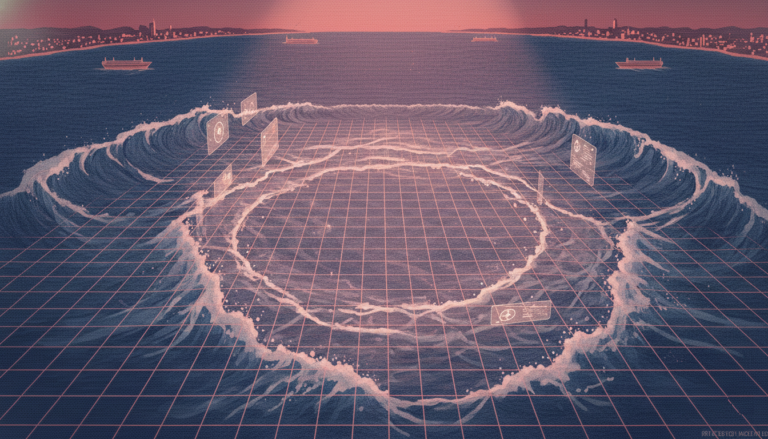Cardiosense Launches SEISMIC-HF II Study to Validate Non-Invasive AI Algorithm for Heart Failure Management
Cardiosense Launches Nationwide SEISMIC-HF II Study to Validate Its AI Algorithm for Non-Invasive Heart Failure Management CHICAGO--(BUSINESS WIRE)--Cardiosense, a pioneering medical AI company, has launched SEISMIC-HF II, a nationwide study aimed at validating its machine learning algorithm for assessing intracardiac filling pressure. This pressure is an early indicator of acute heart failure decompensation, and the validation of the algorithm marks a significant advance toward Cardiosense’s goal of providing smarter, personalized cardiac care for all heart failure patients. The SEISMIC-HF II study builds on the successes of the SEISMIC-HF I study, which concluded in 2024 and was published in a peer-reviewed journal. SEISMIC-HF I demonstrated that Cardiosense's non-invasive algorithm, designated an FDA Breakthrough Device, could accurately estimate pulmonary capillary wedge pressure (PCWP) in patients with heart failure with reduced ejection fraction (HFrEF). The findings, presented as late-breaking science at the American Heart Association’s (AHA) 2024 Scientific Sessions, showed that the algorithm’s accuracy was comparable to existing FDA-approved implantable pressure sensors. Heart failure is a pervasive condition affecting approximately 6.7 million adults in the United States, with annual healthcare costs surpassing $30 billion. Alarmingly, about 50% of patients are readmitted within six months. The current standard of care, which relies heavily on weight and symptom monitoring, has been largely inadequate in providing the actionable insights needed for effective, proactive management. "Identifying the physiological patterns that signal impending acute heart failure events has traditionally required invasive methods, limiting their availability to acute care settings," explained Amit Gupta, CEO and co-founder of Cardiosense. "SEISMIC-HF II is a pivotal step in validating our non-invasive approach, which has the potential to significantly enhance the lives of heart failure patients on a large scale." The SEISMIC-HF II study is a prospective, multi-center, and blinded trial designed to gather data from patients undergoing right heart catheterization (RHC) across geographically diverse sites. Cardiosense’s non-invasive PCWP estimates will be rigorously compared against RHC measurements to ensure the algorithm’s performance is robust and reliable. Allman Rollins, M.D., of Inova Fairfax Medical Campus, expressed enthusiasm about the new study: "The results from SEISMIC-HF I show great promise in expanding patient access to hemodynamic-guided remote care through a non-invasive method. It is exciting to see Inova continue its role as a leader in this research by being the first site to enroll patients in SEISMIC-HF II." Upon completion, the findings from SEISMIC-HF II will be crucial in supporting regulatory filings and furthering Cardiosense’s mission to transform the standard of care for heart failure management. By offering a more proactive and personalized approach, Cardiosense aims to reduce hospital readmissions and cut healthcare costs, ultimately improving patient outcomes. For the latest news and updates, follow Cardiosense on LinkedIn or visit their website at www.cardiosense.com. About Cardiosense Cardiosense is a leading medical AI company dedicated to redefining the detection, monitoring, and management of cardiac disease. Founded on over a decade of clinical and scientific research, the company develops innovative wearable sensors and machine learning algorithms that convert raw physiological signals into clinically actionable parameters. These tools are designed to detect early signs of cardiac disease, guide personalized therapy, and enhance patient outcomes, making Cardiosense a frontrunner in the advancement of non-invasive cardiac care.
